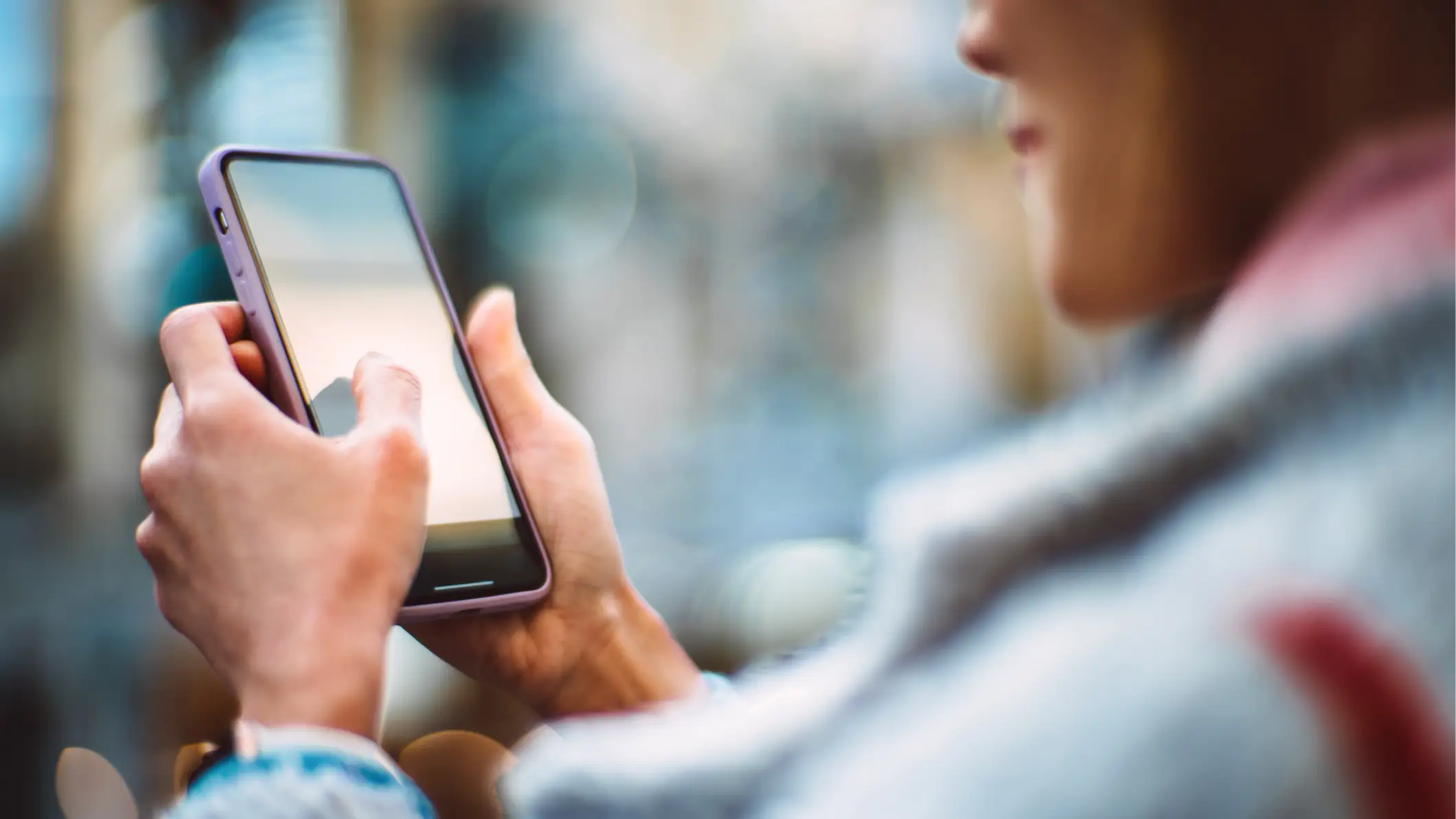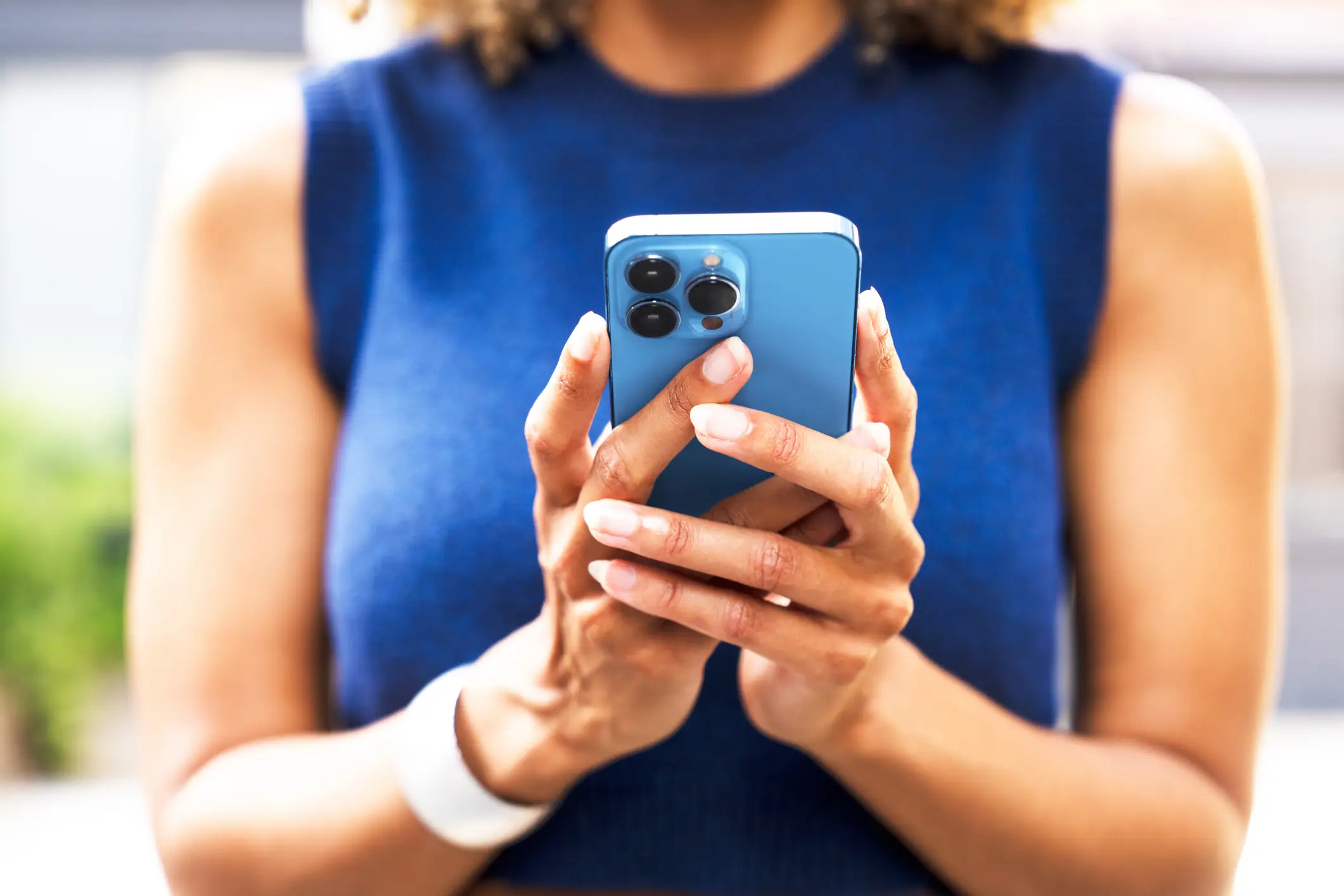
Anyone with an iPhone has been issued a warning to disable one key feature to protect their safety.
The feature in question allows Apple devices, like iPhones and Macbooks, to easily play music or show photos and videos on other Apple devices or third-party speakers and TVs that integrate the feature into their protocol.
However, as convenient as it may be, you may want to think twice about next using it as researchers at cybersecurity firm Oligo found major security flaws in the feature, which makes it possible for hackers to hijack compatible devices on the same Wi-Fi network.

Advert
If you hadn't figured it out already, the feature is none other than the popular AirPlay.
As many as 23 vulnerabilities were discovered, which were dubbed 'AirBorne', in both Apple’s AirPlay protocol and the AirPlay Software Development Kit (SDK) used by third-party vendors to make devices AirPlay compatible, Wired reports.
Demonstrating the way the hack works and how 'vulnerabilities can be exposed' to hackers, the researchers showed that they were able to access an AirPlay-enabled Bose speaker on the same network and remotely executed a Remote Code Execution (RCE) attack, showing the 'AirBorne' logo on the speaker’s display.
They claimed hackers could use a a similar strategy to gain access to devices with microphones for spying on users.
According to Oligo CTO, Gal Elbaz, the total number of exposed devices could potentially be in the millions.
"Because AirPlay is supported in such a wide variety of devices, there are a lot that will take years to patch - or they will never be patched," Elbaz told Wired. "And it’s all because of vulnerabilities in one piece of software that affects everything."
However, it's not all doom and gloom as the Oligo report has also helpfully outlined several ways to help protect your device from the threat of hackers.
First is updating your devices, with researchers stressing that devices and other machines that support AirPlay need to be updated immediately to the latest software versions to mitigate potential security risks.
Up next is simply fully disabling your AirPlay receiver when the feature is not in use.
Third on the rundown is to only AirPlay to trusted devices, while the fourth tip is to restrict your AirPlay Settings.

To do this, all you have to do is go to Settings > AirPlay & Continuity (or AirPlay & Handoff) and select Current User for the 'Allow AirPlay for' option.
"While this does not prevent all of the issues mentioned in the report, it does reduce the protocol’s attack surface," researchers noted.
And, lastly, be sure to disable on a public Wi-Fi network.
"Oligo says it warned Apple about its AirBorne findings in the late fall and winter of last year, and Apple responded in the months since then by pushing out security updates. The researchers collaborated with Apple to test and validate the fixes for Macs and other Apple products," Wired adds.
A representative for Apple told Tyla: "We quickly developed and released fixes on our platforms and made software updates available for affected third-party devices.
These vulnerabilities require the attacker to be on the same wifi network as the affected third-party device, and the vast majority of such devices (such as speakers) have no meaningful access to private user data.
-We are constantly working to stay ahead of new and emerging threats, and will remain tireless in our efforts to protect our users."
Topics: Advice, Apple, Explained, Life, Technology, iPhone, Hacks